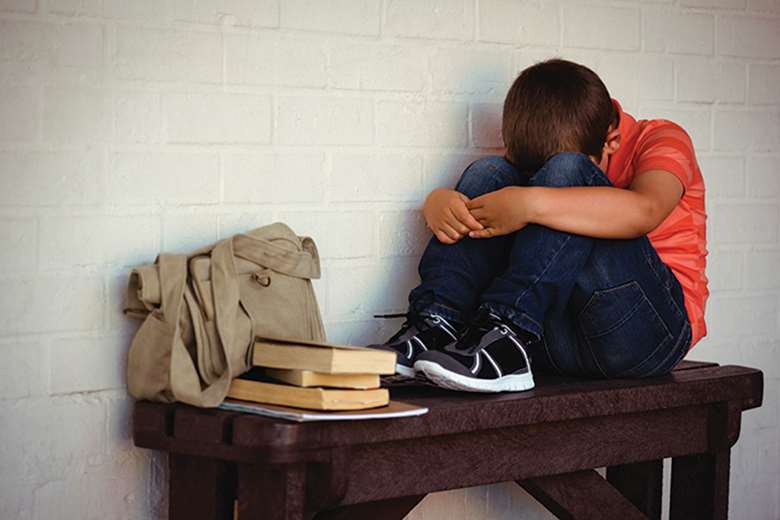Excluded pupils 'abandoned by education system'
Neil Puffett
Tuesday, July 24, 2018
Increasing numbers of children are being excluded from schools across England and effectively abandoned to specialist provision that often fails to give them the education they deserve, MPs have warned.

A report by the education select committee said too many children are being excluded, ending up in alternative provision, which they describe as a "forgotten part of the education system".
The report and also criticises the practice of "hidden exclusions", where children are internally isolated, or informally excluded.
The committee said there is a "lack of moral accountability" on the part of many schools and no incentive to, or deterrent to not, retain pupils who could be classed as difficult or challenging.
The report makes a series of recommendations, which it wants to act as a "Bill of Rights" for pupils and parents, in order to make schools more accountable for excluded children. It calls on government and Ofsted to introduce a measure to incentivise schools to be more inclusive and for schools to publish more information about their permanent and fixed-term exclusion rates.
Robert Halfon, chair of the education select committee, said: "Today, we face the scandal of ever-increasing numbers of children being excluded and being left abandoned to a forgotten part of our education system which too often fails to deliver good outcomes for these young people.
"As a committee we are dedicated to social justice, to helping young people climb the ladder of opportunity. The young people who are excluded are the forgotten children.
"Many already face a host of challenges, with children in care, children in need, children with special educational needs or disabilities, and children in poverty, being far more likely to end up in alternative provision. They deserve the best possible support but often they don't get the education that they need to thrive.
"Parents and pupils face a system which isn't designed for their needs, too often being left to a Wild West of exclusions with too many pupils in alternative provision who shouldn't be there, and those who are there not receiving the right support or the early intervention needed to make a difference to their lives.
"We need a Bill of Rights for parents and pupils who access alternative provision and they deserve someone in their corner to be their champion during the often-difficult process of trying to get the best possible support."
Click links below for related CYP Now content:
Research report: The Relationship Between Exclusion from School and Mental Health
Improving support for excluded children
Children's Commissioner for England, Anne Longfield, said the report backs up what parents, children and teachers have been telling her - that some schools are seeking to improve their overall exam results by removing some of their most vulnerable children from the school roll, a practice known as "off-rolling".
"Sadly this often includes a high number with special education needs and disabilities, who have no option but to go into inappropriate alternative provision or home education because they are seen as ‘too difficult' or ‘too expensive' to teach.
"As a result we don't know what education, if any, thousands of children are receiving. These are also often the children most vulnerable to exploitation or grooming by gangs and others."
Anna Feuchtwang, chief executive of the National Children's Bureau said the deeply worrying rise in exclusions, coupled with poorly regulated alternative provision, is denying many children the right to an education that meets their needs.
"The vast majority of disabled children, and those with special education needs, can and should be educated in mainstream schools," she said.
"Yet the steep increase in exclusions comes as schools struggle to provide appropriate support for pupils that could enable them to retain their school place.
"This often means children with behavioural problems, mental health issues or special educational needs and disabilities may be placed in alternative provision that doesn't work for them. When these settings aren't appropriate the quality and suitability of the education they provide can be weak and educational outcomes poor."




